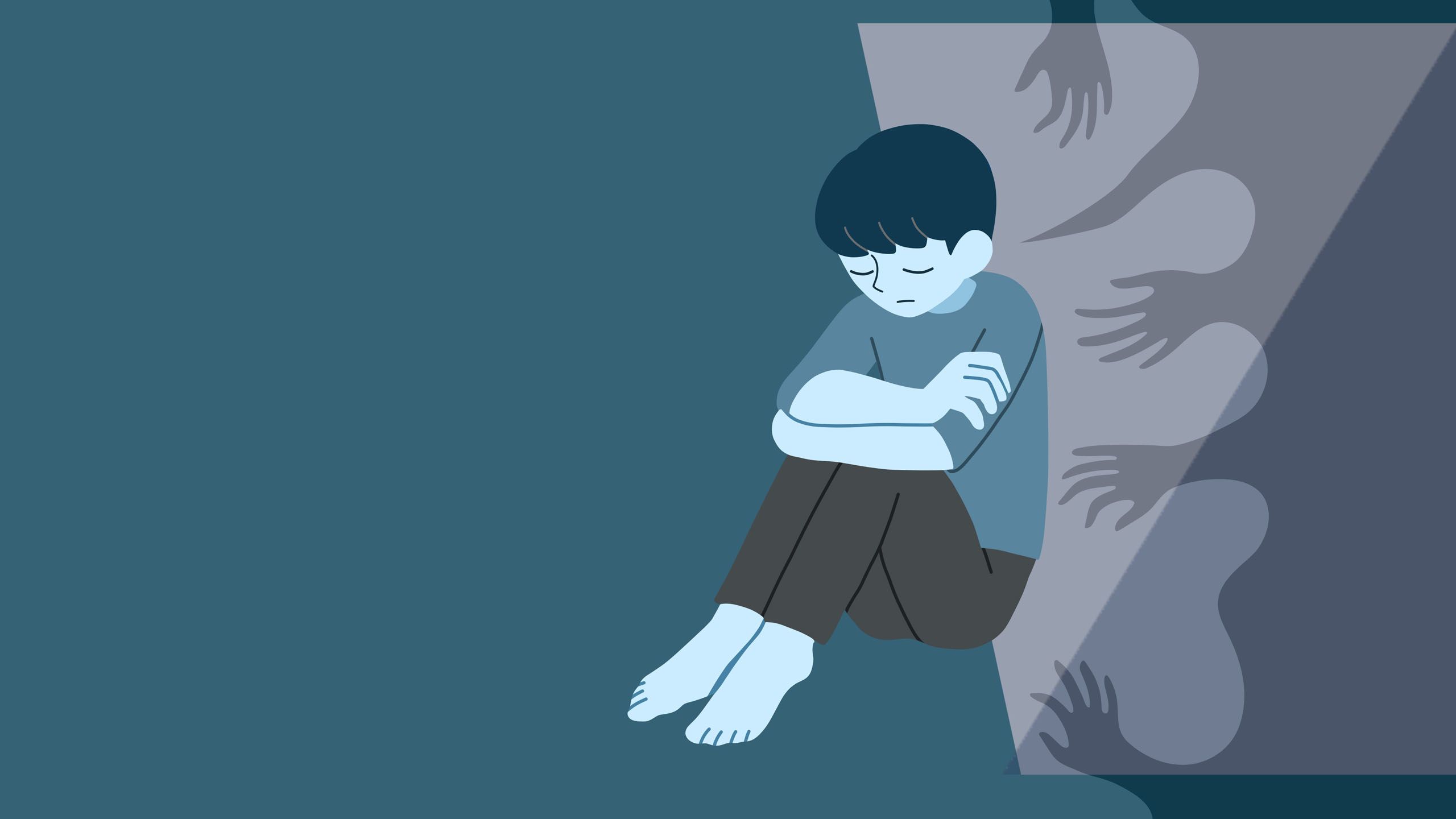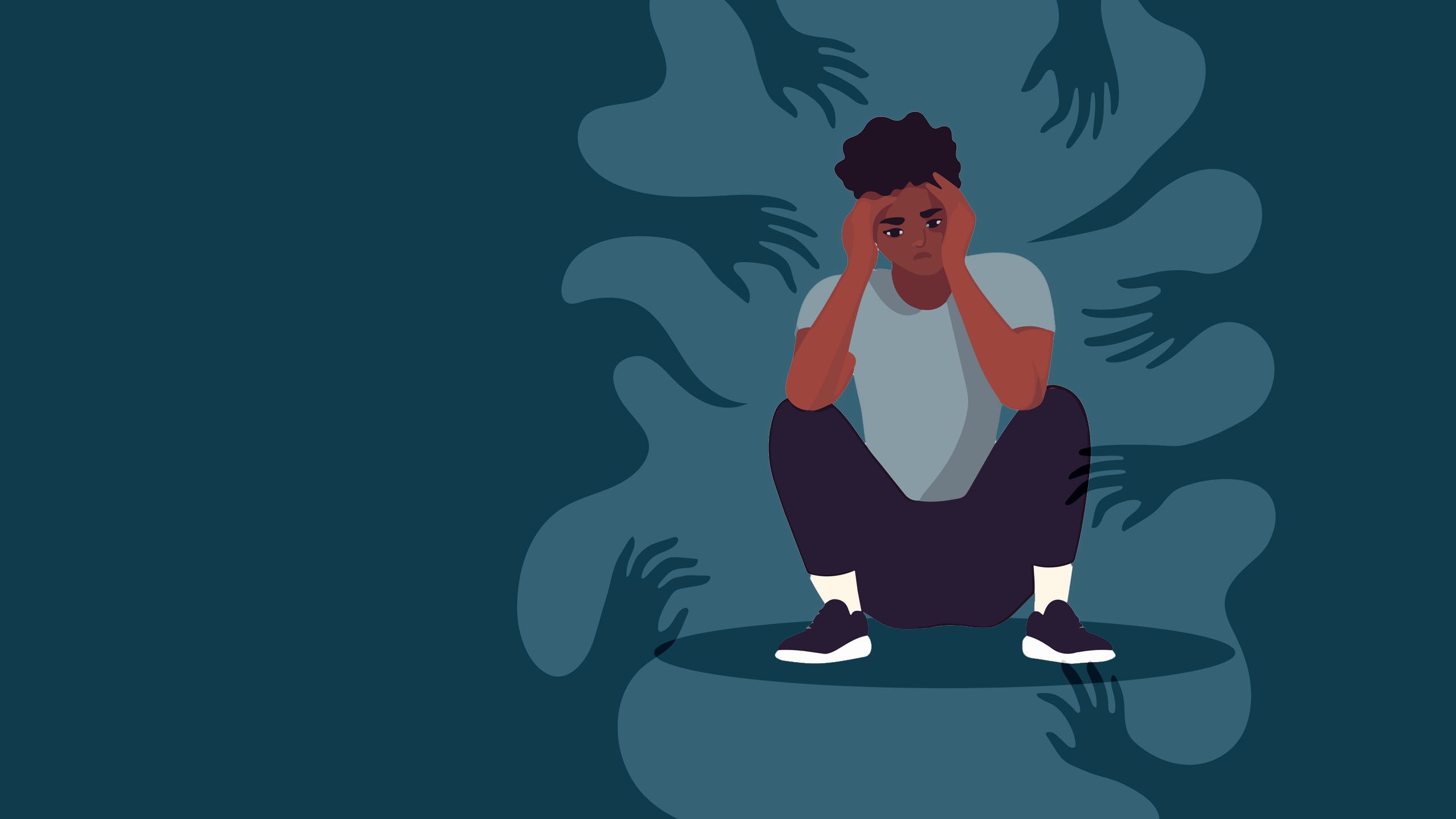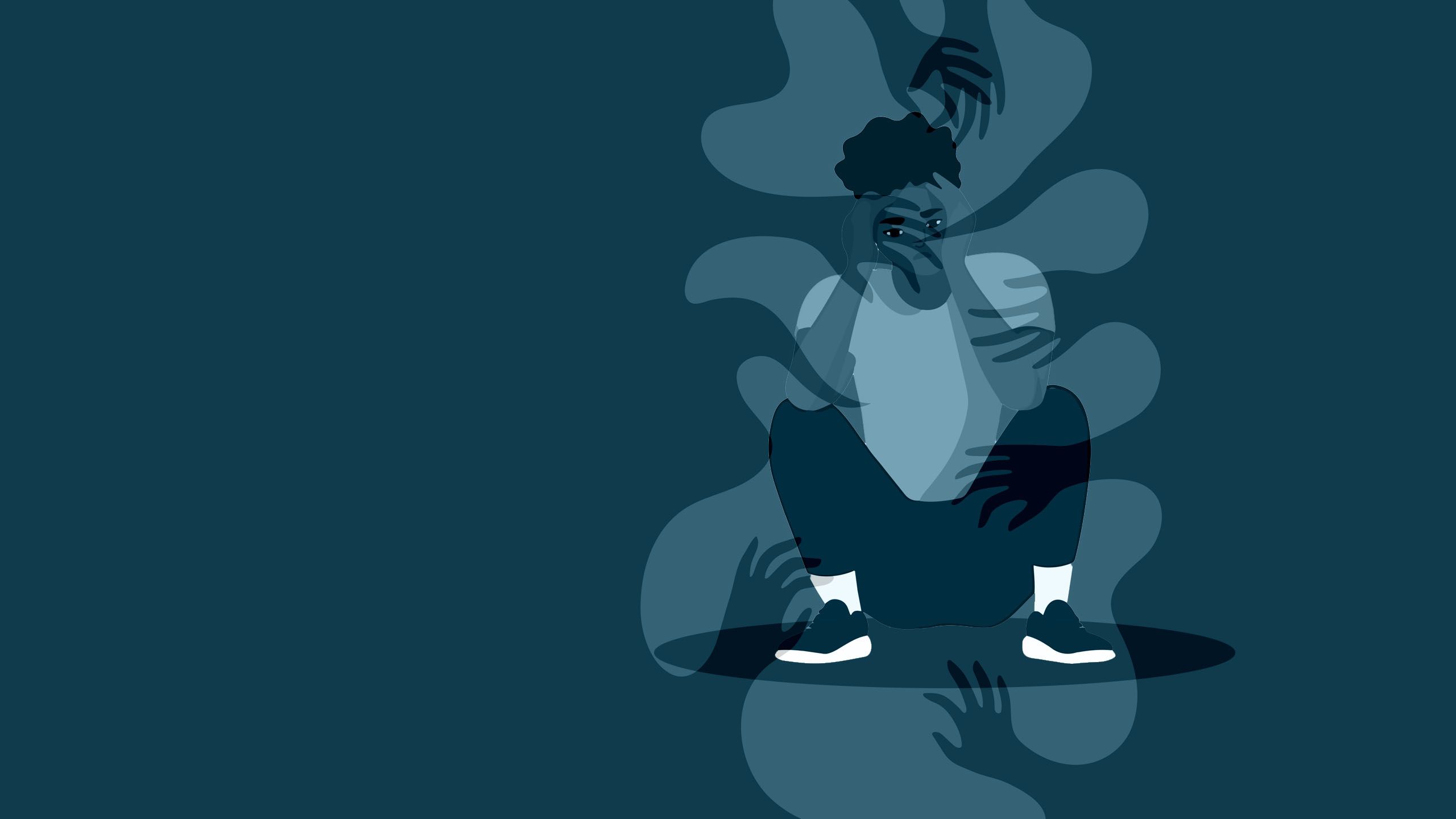Clinical and ethical considerations when treating children with depression

Significant numbers of children present with symptoms of depression in South Africa. We are also a society with a significantly high rate of childhood trauma. We sat down with Dr Alicia Porter to discuss the ethical and clinical implications of treating this vulnerable population group.


Medical Academic (MA): Dr. Porter, which psychiatric drugs are most often used in the treatment of children?
Dr Alicia Porter (AP): When treating children with psychiatric conditions, particularly depression and anxiety, the most commonly prescribed medications are selective serotonin reuptake inhibitors, or SSRIs. These medications are widely used because they have the most evidence supporting their safety and effectiveness in children.
It’s worth noting that the increase in the prescribing of psychiatric medications in children reflects an overall rise in mental health problems among this population, especially anxiety and depression. However, compared to adults, we don’t have as many options or as much evidence for other classes of medications to treat these conditions in children.
MA: Could you name some specific SSRIs commonly prescribed to children?
AP: Fluoxetine is the most commonly prescribed SSRI for children, as it has the strongest evidence for effectiveness. SSRIs like sertraline are also often used. For children aged 12 and older, escitalopram, is also approved by the FDA. Other options include citalopram and paroxetine, though these are used less frequently.
MA: Are there barriers to prescribing SSRIs for children, or contraindications to consider?
AP: The primary issue isn’t so much about contraindications as it is about recognising the condition that requires treatment. Depression in children often looks very different compared to adults. While adults may report sadness or a low mood, children often present with behavioural problems, which can mask underlying depression.
Children aren’t just smaller versions of adults. Their developmental stage influences how symptoms manifest, and these can vary significantly across age groups. For example, a school-age child with depression might appear irritable or have unexplained academic problems, while an adolescent might show signs more closely resembling adult depression.
When SSRIs are prescribed, it’s for conditions like major depressive disorder, anxiety disorders, OCD, or sometimes for specific eating disorders. However, a comprehensive evaluation is critical to ensure the medication is appropriate.
MA: How does the treatment of depression in children differ from treating adults?
AP: One key difference is that children rarely bring themselves in for treatment. Adults can recognise when they’re struggling and seek help independently, but children depend on the adults in their lives—parents, teachers, or caregivers—to notice there’s an issue and take action.
Another major difference is that treating children often requires addressing more than just the individual. A child exists within a system that includes their family, school, and broader environment, all of which can significantly influence their mental health. For example, a child with undiagnosed learning difficulties might struggle in school, leading to feelings of inadequacy and eventually depression. Addressing the learning issue can be an essential part of their mental health treatment.
In my unit, we always involve parents in the process. Parent counseling or training is a standard component of any treatment plan. For mild to moderate depression, therapy—tailored to the child’s developmental stage—is often the first line of treatment. For moderate to severe cases, we combine therapy with medication while continuing to involve the family and assess factors like school functioning and home dynamics.
"In many cases, depression in children is intertwined with environmental factors: stress within the home, parenting challenges, or conflicts at school."

MA: Are there many cases of treatment-resistant depression in children? How are these managed?
AP: Treatment-resistant depression in children does occur, but managing it is more challenging than in adults because we have fewer pharmacological options with strong evidence of efficacy. Typically, we start with an SSRI. If one doesn’t work, we might try another, and sometimes even a third.
If SSRIs don’t yield results, we might consider serotonin-norepinephrine reuptake inhibitors (SNRIs), such as venlafaxine or duloxetine. However, these are generally approved only for older adolescents.
Beyond that, most medications we might use are considered “off-label” for children, meaning there isn’t enough formal evidence to support their use in this population. When prescribing off-label medications, we must engage in detailed discussions with the parents and child to ensure they understand the potential risks and benefits.
It’s also important to recognize that the tools we have aren’t always as effective as we’d hope. Relapse and recurrence rates in children with depression remain high, emphasizing the importance of ongoing monitoring and support.
MA: What are the ethical considerations when prescribing psychiatric drugs to children?
AP: The ethics of prescribing psychiatric medications to children revolve around carefully weighing the risks and benefits. One of the most significant risks of untreated depression is suicide. Studies show that over 90% of suicides among children and adolescents occur in those with untreated mental health conditions, particularly depression.
While SSRIs have been associated with an increase in suicidal thoughts during the initial weeks of treatment, they do not increase the risk of suicide attempts or deaths. In fact, the risk of suicide is far greater in children whose depression is left untreated.
Another ethical consideration is ensuring that the child and their family are fully informed about the treatment plan, including potential side effects and alternative options. We always aim to maximise benefits while minimising risks, which often means closely monitoring the child during the early stages of treatment and making adjustments as necessary.
MA: You mentioned involving families in treatment. How critical is that in addressing childhood depression?
AP: It’s absolutely essential. A child’s family dynamic can significantly influence both the development and resolution of mental health issues. In many cases, depression in children is intertwined with environmental factors—stress within the home, parenting challenges, or conflicts at school. Addressing these factors often requires direct involvement from the parents or caregivers.
Parent training helps caregivers better understand and respond to their child’s needs, providing them with tools to support their child’s recovery. It also fosters a collaborative relationship between the family and mental health professionals, which is crucial for effective treatment.
MA: What role does therapy play alongside medication in treating childhood depression?
AP: Therapy is a cornerstone of treatment, often working hand-in-hand with medication. For mild to moderate depression, therapy might be the only intervention needed. Cognitive-behavioral therapy (CBT), for example, is evidence-based and particularly effective for children and adolescents.
For moderate to severe depression, medication can help stabilize symptoms enough for the child to engage meaningfully in therapy. Regardless of the severity, therapy allows children to develop coping mechanisms, understand their emotions, and address any underlying issues contributing to their depression.
Dr Alicia Porter is a psychiatrist and mental health advocate. She is affiliated with the Child and Family unit in the Department of Psychiatry at Charlotte Maxeke Johannesburg Academic Hospital and is one of the founding members of the Healthworkers Care Network.



